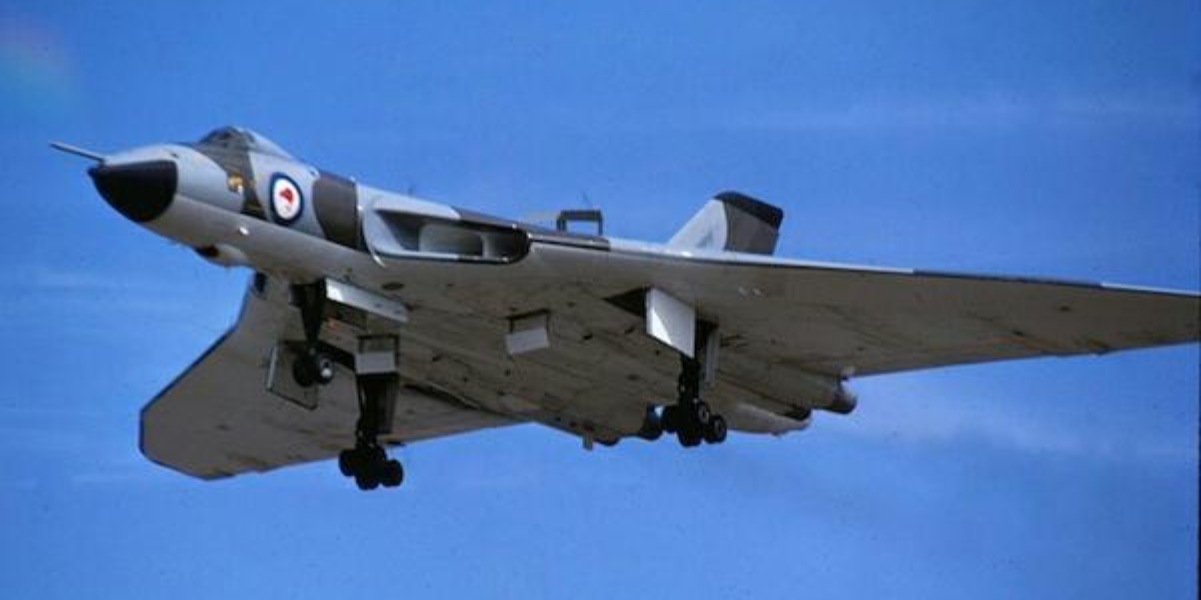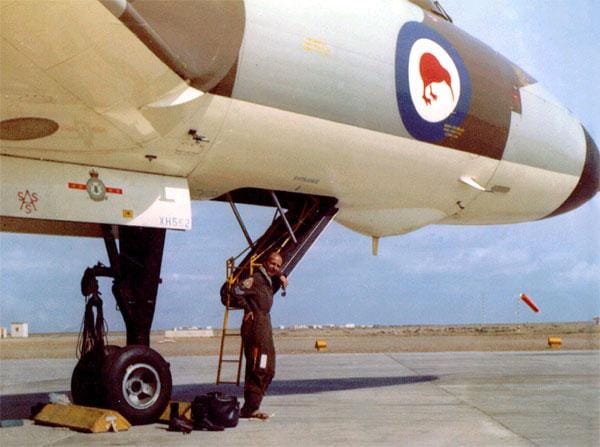The tragic loss of an Avro Vulcan VX770 at Syerston in September 1958 was caused by a simple case of overexuberance, flying the aircraft beyond its designation limitations.
Here is a shocking video that shows the tragic loss of the Avro Vulcan VX770 in September 1958 at RAF Syerston.
Notably, the Vulcan has demonstrated itself to be an incredibly reliable aircraft with an exceptional safety record, most likely as a result of Avro’s adherence to design simplicity and reliability.
Nevertheless, when prototype 698 (VX770) was destroyed at Syerston, near Nottingham, on September 20, 1958, questions about the safety of the Vulcan were undoubtedly raised. According to Tim McLelland’s explanation in his book The Avro Vulcan Revised Edition, the airframe broke apart in front of a startled crowd during a fast pass over the airfield during a Battle of Britain display.
The disaster was caused by a structural failure of the wing, as the investigation found. Nevertheless, a more thorough investigation revealed that the aircraft had been operating outside safe speed and ‘g’ flight envelope, proving that the design of the aircraft was not at fault. The pilot’s overexuberance was the obvious cause of the accident. Even though the Vulcan was an incredibly agile aircraft, it was often easy to forget that it was a large, bulky, four-engine bomber rather than a fighter and that it could only be flown safely within defined limits.
The Avro Vulcan Revised Edition is published by Crecy and is available to order here.
Photo by Pinterest







